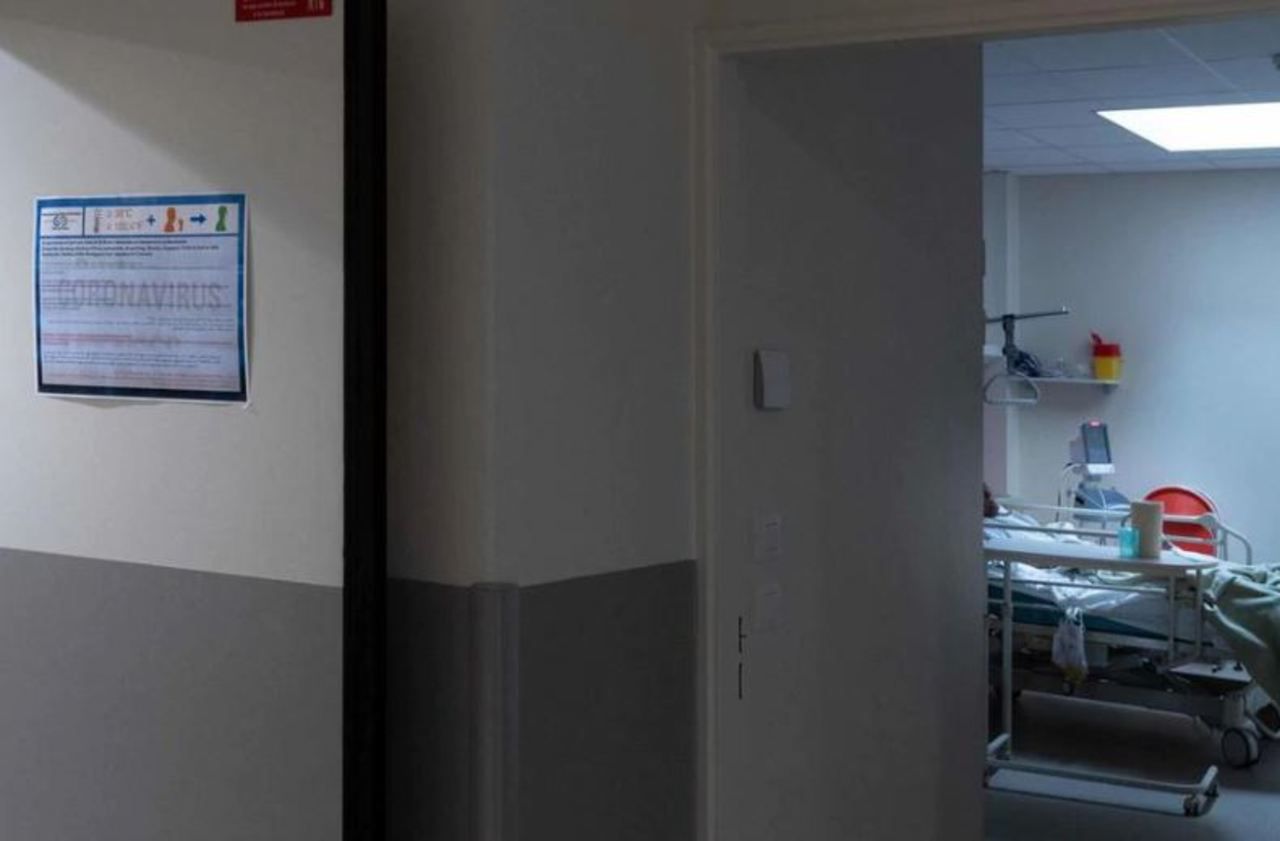At a time of the extension of the obligation to wear a mask to more and more cities and tourist sites in France, the resumption of the coronavirus epidemic does not show any sign of slowing down. This Wednesday, 2,524 new cases of coronavirus were identified in 24 hours, according to the Directorate General of Health, against 1,695 last Wednesday.
Since Tuesday, 18 new epidemic centers have counted. In total, 896 “clusters” have been formed since May 9, but 578 of them have since been “closed”. "Three weeks ago, we had on average five clusters discovered every day, we are now at 25, we can clearly see that there is a recovery so what is needed is a collective recovery", a underlined the government spokesman Gabriel Attal during a trip to Ajaccio.
In 24 hours, 17 new deaths were recorded in hospitals. Since the start of the epidemic, 19,866 people have died in a hospital establishment and 10,505 deaths have occurred in social and medico-social establishments, such as nursing homes. In total, the epidemic has killed 30,371 people since the start of March.
In addition, according to the DGS, 4,891 people are currently hospitalized after being infected with SARS-CoV-2. Even if 143 patients were admitted in 24 hours, the number of people currently hospitalized is down, and has just returned to below the 5,000 mark. Same trend in intensive care units, where 379 patients have been taken care of (-12 since Tuesday). 17 people have been admitted to these services dedicated to the most serious cases in the last 24 hours.

